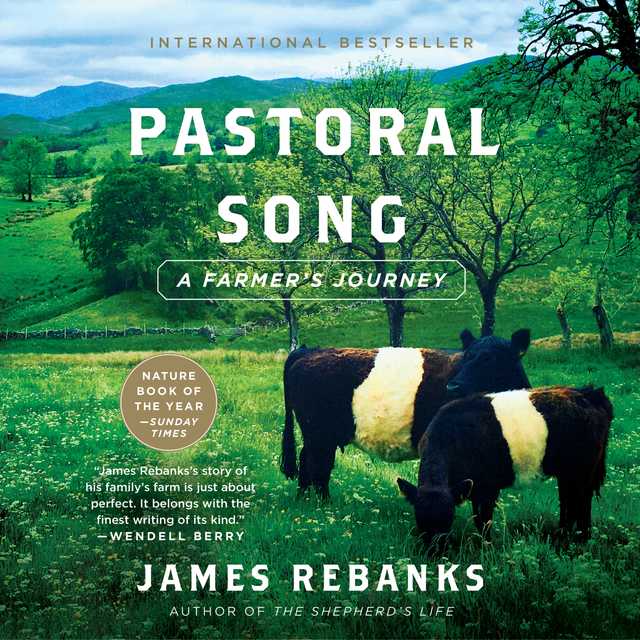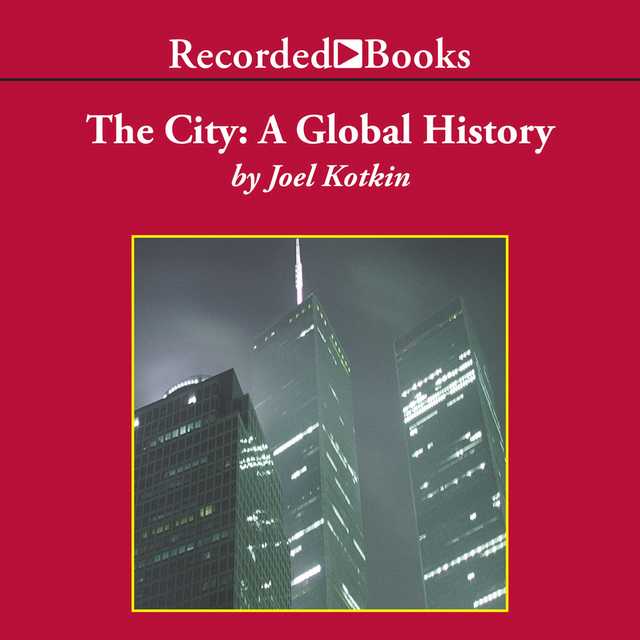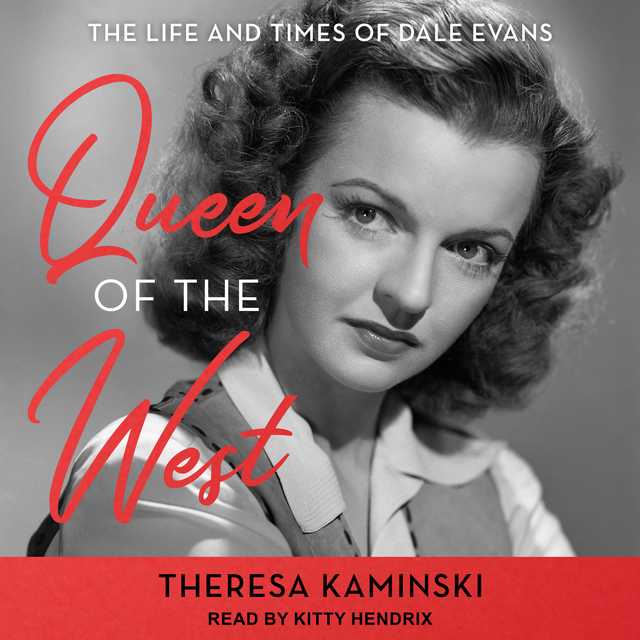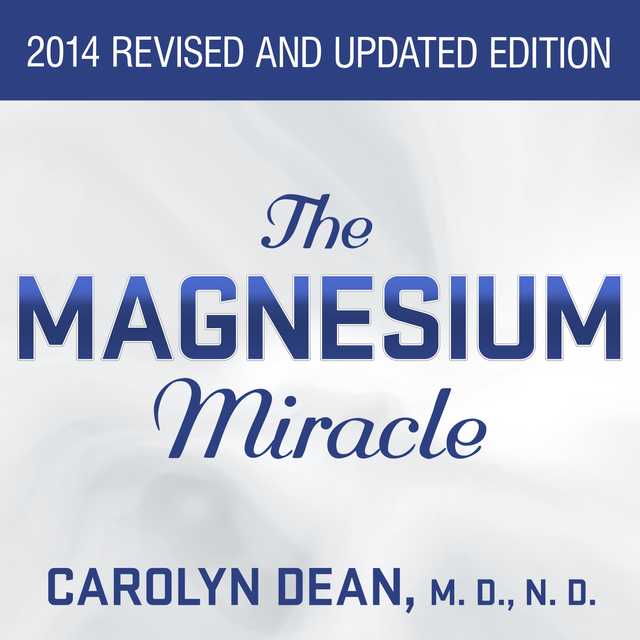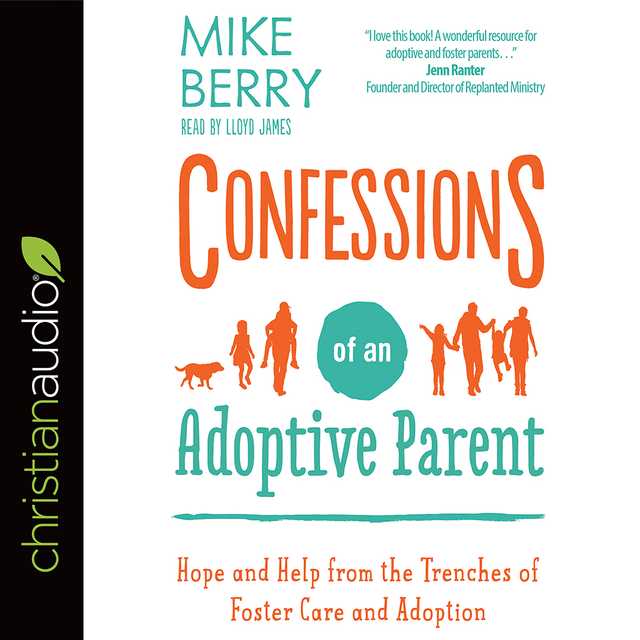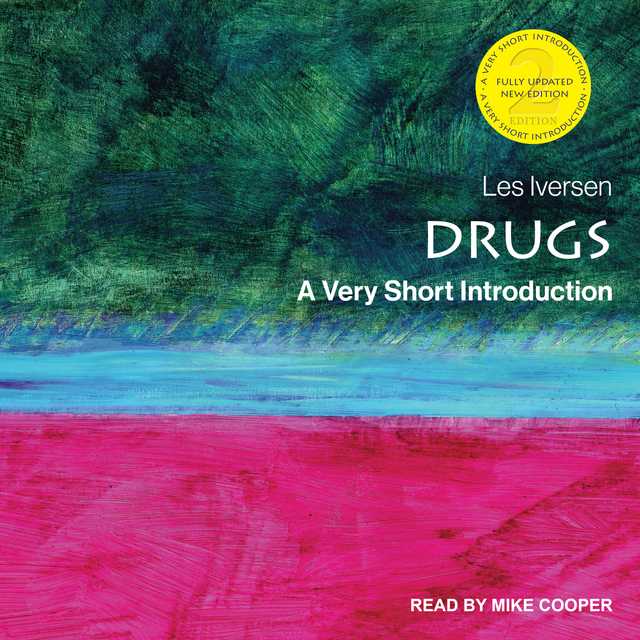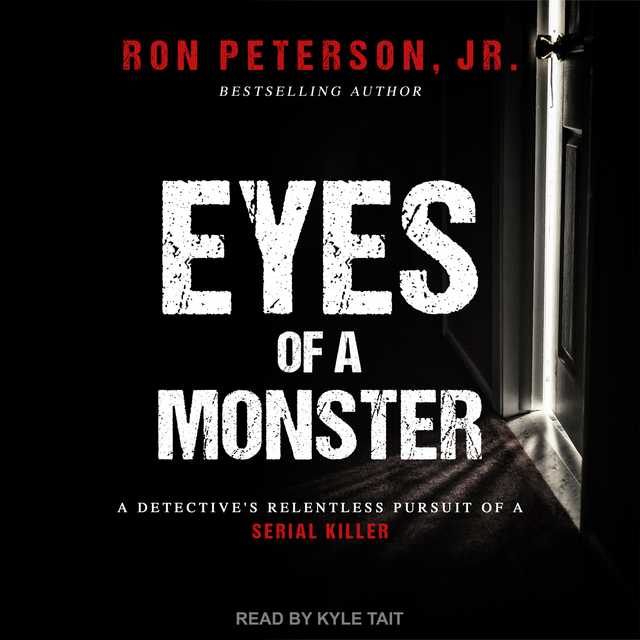Pastoral Song Audiobook Summary
The acclaimed chronicle of the regeneration of one family’s traditional English farm
NATIONAL BESTSELLER * Winner of the Wainwright Prize for Nature Writing * Named “Nature Book of the Year” by the Sunday Times * New York Times Editors’ Choice * Shortlisted for the Orwell Prize and the Royal Society of Literature’s Ondaatje Prize * A BEST BOOK OF THE YEAR: Sunday Times, Financial Times, New Statesman, Independent, Telegraph, Observer, and Daily Mail
“Superbly written and deeply insightful, the book captivates the reader until the journey’s end.” — Wall Street Journal
The New York Times bestselling author of The Shepherd’s Life profiles his family’s farm across three generations, revealing through this intimate lens the profound global transformation of agriculture and of the human relationship to the land.
As a boy, James Rebanks’s grandfather taught him to work the land the old way. Their family farm in England’s Lake District hills was part of an ancient agricultural landscape: a patchwork of crops and meadows, of pastures grazed with livestock, and hedgerows teeming with wildlife. And yet, by the time James inherited the farm, it was barely recognizable. The men and women had vanished from the fields; the old stone barns had crumbled; the skies had emptied of birds and their wind-blown song.
Hailed as “a brilliant, beautiful book” by the Sunday Times (London), Pastoral Song (published in the United Kingdom under the title English Pastoral) is the story of an inheritance: one that affects us all. It tells of how rural landscapes around the world were brought close to collapse, and the age-old rhythms of work, weather, community and wild things were lost. And yet this elegy from the northern fells is also a song of hope: of how, guided by the past, one farmer began to salvage a tiny corner of England that was now his, doing his best to restore the life that had vanished and to leave a legacy for the future.
This is a book about what it means to have love and pride in a place, and how, against all the odds, it may still be possible to build a new pastoral: not a utopia, but somewhere decent for us all.
[Published in the United Kingdom as English Pastoral.]
Other Top Audiobooks
Pastoral Song Audiobook Narrator
Peter Noble is the narrator of Pastoral Song audiobook that was written by James Rebanks
James Rebanks runs a family-owned farm in the Lake District in northern England. A graduate of Oxford University, James works as an expert advisor to UNESCO on sustainable tourism. He uses his popular Twitter feed – @herdyshepherd1 – to share updates on the shepherding year. He is the author of The Shepherd’s Life.
About the Author(s) of Pastoral Song
James Rebanks is the author of Pastoral Song
More From the Same
- Author : James Rebanks
- The Shepherd’s Life
- The Shepherd’s View
- Publisher : HarperAudio
- Abraham
- American Gods [TV Tie-In]
- Dead Ringer
- House of Sand and Fog
- Prey
Pastoral Song Full Details
| Narrator | Peter Noble |
| Length | 8 hours 35 minutes |
| Author | James Rebanks |
| Category | |
| Publisher | HarperAudio |
| Release date | August 03, 2021 |
| ISBN | 9780063073265 |
Additional info
The publisher of the Pastoral Song is HarperAudio. The imprint is HarperAudio. It is supplied by HarperAudio. The ISBN-13 is 9780063073265.
Global Availability
This book is only available in the United States.
Goodreads Reviews
Ceecee
August 25, 2020
James Rebanks family has been farming in the Eden Valley in Cumbria for many years. He learned his craft particularly from his grandfather whose methods of framing owed much to the past. His own father stood on the cusp of the old and the new economical and industrial framing which caused him a great deal of internal conflict. Now it is James turn to inherit the land - in which direction will he err, the old or the new? As I’m surrounded by two farms and enjoy watching the annual cycle of activities I was interested to read this. It is a really well written book which captures the colours, the wildlife and the landscape beautifully, in places it is almost lyrical as it’s a love affair with the land. He is passionate in how he discusses and presents his views on how he wants to farm and his concerns about modern farming. I love the sections where he recounts his early life on his grandfathers farm whilst he imparts his wisdom. His grandfather sounds like a wonderful man and a truly great teacher with his respect and love for his animals and the land. His care for the curlews eggs just sums up the goodness in his heart. His grandfathers methods are the old ways which is extremely hard work but is ecologically sound. However, James and his father are caught between making their farm pay and balancing that with nature in a rapidly changing world. Much of the book looks at the ‘progress’ of the business school approach to farming, the growing industrialisation, enormous machinery, the widespread use of fertilisers and ripping up of ancient hedgerows. He debates thoughtfully and passionately the ethics of modern farming and the demands of the supermarket and the consumer for cheap food which obviously negatively impacts animal welfare. I found this very interesting as it does make you step back and think about what we take for granted as we gaze at the supermarket shelves. James makes the decision to go for the new English Pastoral of the title, shepherding the land and his livestock in a caring way that will not make him rich but will bring joy and be a wonderful inheritance for his children. I love reading about the changes that he makes and I’m sure his grandfather would be smiling down in wholehearted approval. The curlews will be pleased too. This is a very intelligent, inspirational, well researched and thoughtful book which reflects on the massive rural change and examines what the future may hold. He advocates diversity and protecting old systems but equally the need for efficiency in order to feed a growing population. There’s real ‘food for thought’ here. With thanks to NetGalley and Penguin Press UK.
JimZ
September 28, 2021
A very fine book. An engrossing read. The memoir is divided into three parts. Reading the first part I lost sense of time. It was so enjoyable and so interesting to read. Being a city boy all my life, I was fascinated about life on the farm. Not an easy life to be sure. There were many accolades from some very fine authors regarding this book: Wendell Berry; Richard Flanagan, and Philip Gouretivich.This was a good quote that I thought summed up the book well…by Joanna Blythman:• “Through the eyes of James Rebanks as a grandson, son, and then father, we witness the tragic decline of traditional agriculture, and glimpse what we must do now to make it right again.” I really enjoyed the first part of the book that involved him learning about farming from his grandfather.It was sad reading about the demise of the family farm. How in the good old days there were harvest festivals that brought the farming community together every year, and now it’s a thing of the past. I think we are taught that progress is a good thing with no ands, ifs, or buts. I think this book is a cautionary tale…One quote that resonated with me, because I am so tired of seeing commercials on TV with happy people buying, buying, buying bright and shiny objects that they don’t need but they feel that they need, and the people who make the commercials are telling me I too need the bright and shiny objects to be happy…grrrrr.• The constant wanting of store-bought things he (James Rebanks’ grandfather) held in disdain. He thought these people (he and his fellow local farmers) had understood something about freedom that everyone else had missed, that if you didn’t need things–shop-bought possessions–then you were free from the need to earn the money to pay for them. Anyway I am glad this book seems to be very well liked by so many people. I hope you can read it! 😊 Reviews:• https://www.theguardian.com/books/202... • https://markavery.info/2020/10/18/sun... • https://literaryreview.co.uk/peak-soil
Gumble's Yard - Golden Reviewer
January 25, 2022
Our land is like a poem, in a patchwork landscape of other poems, written by hundreds of people, both those here now and the many hundreds that came before us, with each generation adding new layers of meaning and experience. And the poem, if you can read it, tells a complex truth. It has both moments of great beauty and of heartbreak. It tells of human triumph and failings, of what is good in people and what is flawed; and what we need, and how in our greed we can destroy precious things. It tells of what stays the same, and what changes; and of honest hard-working folk, clinging on over countless generations, to avoid being swept away by the giant waves of a storm as the world changes. It is also the story of those who lost their grip and were swept away from the land, but who still care, and are now trying to find their way home. Winner of the 2021 Wainwright Prize for Writing for UK Nature Writing – the book was described by the prize as “the story of an inheritance. It tells of how rural landscapes around the world have been brought close to collapse, and the age-old rhythms of work, weather, community and wild things are being lost. This is a book about what it means to have love and pride in a place, and how, against all the odds, it may still be possible to build a new pastoral: not a utopia, but somewhere for us all.”The author was already well known for his previous autobiographical book “A Shepherd’s Life” – a book which has generally very favorable reviews on Goodreads – although I note with interest that a number of reviews criticise the book for its anti-intellectual inverted snobbery.This book is effectively a tale of two family farms – one rented by his late Father in the Eden Valley (between the Pennines and the Lake District) and where the author grew up, and one owned by his grandfather in the Lake District which the author now farms. The book is in three parts: Nostalgia (which broadly is the author’s reflections on his Grandfather’s more traditional approach to farming around 40 years ago in an already changing era – his Grandfather a late resister to the changes around him)Progress (which mainly sets out the way in which farming changed rapidly – firstly on his Father’s farm and then in the farming the author inherited with: machinery replacing hands on manual labour, artificial fertilisers replacing manure, larger fields; silage replacing traditional feeds; bigger barns: modified crops and livestock; as well as economic pressures from global competition, supermarkets squeezing down prices, banks tightening the screws – and the resulting impact on farms and on the nature they used to support)Utopia (which explores the author’s attempt to bring back some traditional ways to his farm and in particular to support diverse wildlife)Each of the chapters is named slightly ironically: the first chapter does not hide some of the brutal realities and precariousness of his Grandfather’s approach; the second commendably tries to be partly even handed about the change (recognising what it has done to enable more people to be fed alongside concentrating on all that has been lost) and the third is far from a utopia but a very deliberate compromise the author has made which he knows will disappoint both “die hard production focused farmers” and “extreme wilderness-loving ecologists” The main thrust I think of the author’s arguments is captured in this compromise. At its worse this seems to be rather resentful of both sides: he seems to share equal dislike for the world of neo-liberal free-trade and globalised economics (economists in particular seem to be his rather odd bête noire) and for left-wing extremists (George Monbiot is not named in the book but the two seem to have a history of opposition). But more commonly he argues against entrenched positions (that farmers are either all bad or all good) and bifurcation (for example colleges which turn out either economics focused MBA farmers or nature loving ecologists but without ever bringing the two into dialogue).Although seemingly close to Isabella Tree (and her “rewilding” at Knepp) his focus is not on rewilding (which in its fullest sense he sees as firstly impractical on any scale, and secondly as leading to either even more intensive and damaging farming on the land left for growing food or to the import of food and the exporting of the environmental damage) but on altering the practices of farms in lots of ways which improve their impact and on altering people’s attitudes to the quality, convenience and price of what they eat. He argues that any natural system has an alpha predator and that enlightened man has the potential to be the best such alpha.A few other comments:I must admit I struggled with the first part of the book and the description of apparently traditional and generally benevolent farming from around 40 years ago. My own recollection of farming from that time was of widespread use of pesticides, polluting stubble burning (with the added “bonus” of accidental destruction of pesty field boundaries), destruction of hedgerows, the deliberate concealment or obstruction of rights of way – and that things are much better in almost every sense since - but I think industrial farming hit East Anglia a long time before the author’s corner of the lakes. Perhaps related to this the solutions the book puts forward does seem to focus on a particular type of farm – highland, small scale which I cannot relate to many farms I know – and I suspect the upcoming book from the head of Conservation on the Holkham estate will be of much greater interest to me (see for example this New Yorker article https://www.newyorker.com/magazine/20...)There are some parts I was not so keen on – I can see the anti-snobbery point that was criticised in the earlier book : the author for example seems to believe that people deep down hate working in offices and living in Cities (doing only from economic necessity) - which is I think simply not true. And perhaps this gets to a wider issue which is endemic in so much nature writing of this type – any book which harks back to tradition/past generations/trying to resist change tends to have an (at least) implicit diversity issue (of race, descent, class, location), and of course the idea of native-born and native adapted animals makes its inevitable appearance. There is also a rather bizarre part where anti drink driving laws are blamed for their adverse effect on social solidarity in the country. But overall this is an enjoyable and thought provoking book – some of the writing is really very strong and literary with some great use of description and similes and the book is a lot more nuanced that I had expected: so that overall this was a book which was more poetical and less polemical than I had expected.
Tom
March 25, 2021
Our response to ecological collapse may prove to be the defining legacy of our generation, one way or the other. Many well-meaning, largely urban and middle class people have taken to the streets in the name of the planet in recent years. But waving placards and climbing on top of trains when something becomes fashionable is all show. In this brilliant, deeply moving book, James Rebanks details what true rebellion and real bravery look like.Rebanks begins by recounting his romantic upbringing, largely under the wing of his grandfather who, even in the 70s and 80s was something of a throwback to a simpler time. He writes beautifully of time spent on his grandfather's rented Cumbria farm where he learned to do things the old way: slow, labor-intensive farming that was in step with the natural world around them - though they never necessarily thought of it like that. It was just the way things had always been done - rotating crops, leaving fields to rest during fallow years, grazing livestock who then shit the goodness back into the soil.He then shatters this English idyll, recounting his and his father's push to modernise their farm and 'improve' their land in ways encouraged by greedy governments and supermarkets. Fertilizers were spread, fields enlarged, hedgerows and coppices cleared. The soil health decimated.Rebanks shows honesty and candour when detailing the things his family got wrong and this serves as a basis for change towards the end of his father's life. Rebanks picks up the pieces and gives us his blueprint for the future of farming in the UK - a future where farms and the natural world coexist for the benefit of nature and humans alike, where there is diversity and rotation, harking back to the traditions of the past while embracing new technologies. These are changes he has already made on his own farm - to the consternation of some and to the detriment of his finances in a world where all incentives pour towards intensive, single-crop or single-livestock farming. These are brave choices he has made which have both eyes on the long term. This is farming for the benifit of generations he will never see. And it is something that is radical and requires conversations and cooperation to work. This is real bravery. Real activism. Rebanks is someone with his hands in the soil, not some placard-waving virtue-signaller. His father and grandfather would be very proud.
Fern
August 26, 2020
This was a brilliant book that I thoroughly enjoyed reading. James Rebanks is a farmer in Cumbria. He comes from generations of farmers on the same land and muses over the changes that have taken place on the same land and within farming in general within the UK. Rebanks explores the changes of farming methods from small family farms, to larger farms that focused on machinery, genetics and businesses to now looking at a striking a balance between two- allowing ecosystems to flourish which in turn makes the land better and richer through returning to older methods, rewilding projects etc. What is good is he does so without a rose tinted naive outlook but is realistic at the challenges faced too. The book makes it clear that with modernity and our instant culture of now we are ruining and losing many aspects of our land. So many things are interwoven and if one thing is changed for the immediate benefit of one group, this may be at a massive and destructive cost to others. We need to think long term about the ecosystems, land, nature, wildlife and not just look at the end products wrapped in plastics in the supermarket. So many of the answers we are looking for our rooted in history if we look, even if we didn’t know why things worked like they did at the time. What particularly stood out for me in this book was how Rebanks showed many themes are intertwined. With farming modernised and following business models and looking at scientifically engineering genetics of crops and animals this has a negative effect on the quality of soil, isn’t sustainable, wildlife is lost and becomes extinct and interestingly human communities too begin to break down. We are more entertwimed then we realise and we need to wake up and start thinking about this soon.History, anthropology, ecology nature, farming and memoirs are all in here- a must read for everyone! Thank you to NetGalley and Penguin Press for sending me an ARC in exchange for an honest review.
Judith
December 09, 2021
An old friend of ours from North Yorkshire ( we all lived in Hackney at one time) gave us this book when we met up in the summer on the west coast of Wales during a lockdown window.I reckon J Ironside’s review here on Goodreads says most of what I think about this book. I feel very grateful to James Rebanks for writing it and for everything he and his family are doing, and reading the book has tempered my views on rewilding, certainly. We have played a small part these lockdown years by creating a wildlife pond and planting borders where only monocultural lawn grew before in our new home.I will be recommending this book to others - it’s vital that the author’s message gets out there. As he quotes at the end of the book, as said by Mayson Weir, Dowthwaite Head Farm:“Tell them what is happening on the land. Someone has to tell them ...‘When I was young there was cowslips and Ragged Robin everywhere, and butterflies on the thyme in the rocky rags on the fell. The becks were full of minnows, the pools alive with them, and water boatmen skating in the top ...‘I’m maybe old and stupid, but I like to see them things. But you don’t see them anymore. And greed is to blame. Greed. And it will get worse if they don’t change things.Tell them.”
J.A.
May 11, 2021
If I could, I would make this required reading for everyone. Regardless of where they live in the world. (America, you probably need to read this almost more than anyone else!) This is a painful read at times, but it's also full of transcendent beauty and hope. James Rebank is a farmer, son and grandson of farmers. When the old style of farming - mixed and rotational - made a final shift towards industrialised farming, he had a front row seat. Some of what he recounts, I already knew. I grew up in rural Dorset, went to school with farmers' children, played on their farms and saw some of this shift for myself - although it would be many years before I really understood what I was seeing. Even after those realisations bore fruit, there was a level of nuance that I just didn't have. Like James, I am a country person. I know the plants, trees, birds, wildlife. I feel an intense connection to the land. Everything he says here lands on fertile soil with me, confirming much of what I did know and deepening my understanding in other ways. Industrialised modern farming is unsustainable. In the pursuit of profit, in the service of greed, we are killing the very land that feeds and sustains us. All the fancy models and neat machines will be of no use when the land - once renewed by a cycle of farming that was less profitable but ultimately made far fewer incursions on our natural world - no longer grows crops or feeds livestock. And yet many farmers are forced to it - or were originally - because they could not compete in any other way with huge industrial farming complexes. Farmers are now so dramatically underpaid that most struggle with crippling debts, some lose their land, and many suffer from poor mental health. Suicide is on the rise amongst farmers. I can name two whom I personally knew who have committed suicide.Despite this chilling essential truth, this beautifully written and searingly honest book is full of vignettes from a Fells farm, both past and present. It doesn't ever sketch over the problems with any kind of farming; ultimately the biodiversity of the land is better without any humans on it! But we are also part of nature, even if we have forgotten. Good farmers husband the land and act as caretakers. Good consumers do not seek to be so disconnected with the process of food production, with where what they eat comes from. There is a way to produce the food we need without killing our future. When we plough to the edge of the meadows, when we remove hedges, when we sow crops several times a year and make silage instead of hay, we impact nesting birds, insects, mammals, myriad plant life. We kill off the very creatures who renew the soil that will feed us again. It's time to realise that we cannot eat our profit margins. We should pay fair prices for meat and dairy and respect the animals that gave them to us. We should focus less of fast, cheap, processed food and instead (wherever possible) pay a bit more and eat a bit less, respecting the labour that went into growing crops. And we absolutely should be lobbying our government unceasingly to do something about this before it's too late. Our best hope is to return to a more mixed and rotational style of farming.And over all of this is multiple layers of just how beautiful and fragile our countryside is. James Rebanks makes a gift of the British countryside to the reader. He does it in such a way that we cannot avoid seeing what a gift it has always been. Probably one of the most important books of the decade. Highly recommend.
Megan
September 08, 2020
James Rebanks was taught by his grandfather to work the land the old way. Their family farm in the Lake District hills was part of an ancient agricultural landscape: a patchwork of crops and meadows, of pastures grazed with livestock, and hedgerows teeming with wildlife. And yet, by the time James inherited the farm, that landscape had profoundly changed. The men and women had vanished from the fields; the old stone barns had crumbled; the skies had emptied of birds and their wind-blown song. English Pastoral is the story of an inheritance: one that affects us all. It tells of how rural landscapes around the world were brought close to collapse, and how the age-old rhythms of work, weather, community and wild things were lost. But this elegy from the northern fells is also a song of hope: of how, guided by the past, one farmer began to salvage a tiny corner of England that was now his, doing his best to restore the life that had vanished and to leave a legacy for the future. This is a book about what it means to have love and pride in a place, and how, against the odds, it may still be possible to build a new pastoral: not a utopia, but somewhere decent for us all.I will be honest, I absolutely adored “The Shepherd’s Life” and was not sure this would appeal to me. However, I was so very wrong. Rebanks has written a book that is both informative and offers an insight into his family history. Rebanks really opens up to the reader about what his family life is like, how far they have come and how far they have to go. At the same time, Rebanks reflects on modern farming and the damage that has been caused, is being caused and could be caused in the future.I cannot remember the last time I read a book that had such an impact on me. I found this absolutely fascinating and gave me so much to think about. In no way is this patronising and Rebanks can admit to his own weaknesses and downfalls. With this read you will learn about farming, natural history and family life, whilst at the same time be left with deep questions around the future of farming and of our world.‘English Pastoral’ is a beautiful portrayal of an English farming family, this is incredibly enjoyable as well as being insightful. I absolutely loved this.Thank you to NetGalley and Penguin Press UK for an advance copy.
John
January 09, 2021
An outstanding picture of farming in the Lake District.I found this a compelling read and a lovely sympathetic story of the author's life and upbringing on a small farm in the Lake District.On a personal note, I found much of this story resonated with my own memories of my uncle's small farm in Cornwall back in the '50s.For anyone with an interest in the changing face of farming in the UK, and what could and can be done to ameliorate the effects of the dash for cheap food, this will prove fascinating. The fact that is written about one of my favourite parts of the English countryside makes it even better.
Colleen
August 19, 2021
Anyone who’s interested in farming, where their food comes from, or passionate about environmentalism. Rebanks does a fantastic job at looking at how farming has changed over his lifetime, for better or for worse, and what it means for farmers and consumers.He spends a lot of time look at the financial reasons behind these changes and what’s continuing to drive practices like monoculture crops, and excessive use of chemicals in farming. In the third section of the Book, he outlines what he and his family have been doing to make farming more sustainable; going back to the old ways of crop rotation, raising a variety of animals, planting more trees and hedgerows, and returning pasture to a more natural way. I loved Rebanks first book, but this one took everything that I loved about it and turned it up. I highly recommend this book.
Rae
January 29, 2022
A memoir of three generations of men farming one Lake District farm, Rebanks takes us through the modern agricultural revolution, what it did to the land and the pressures on farmers which forced them to go along with it. Rebanks is an incredible writer, who combines a passionate love for, and knowledge of, his farming work with lyrical, powerful prose. Just as in reading The Shepherd’s Life before it, I was challenged, moved and changed by this book. Rebanks’ books are a must read for all those who, like myself, rely on farmers every day and yet know nothing of the realities of the world in which they live and the pressures they face. 4.5 stars
Grace
January 10, 2021
Excuse me whilst I take up dry stone walling. Incredible, funny, moving, informative plea to try a little harder. You can not help feel caught up in the prose that sometimes feels like poetry and is full of nostalgia and love for a land that James, and myself share. I will recommend to anyone who will hear me, I loved it. Highly recommend the narration for the fabulous Bryan Dick and Cumbrian accents.
Frequently asked questions
Listening to audiobooks not only easy, it is also very convenient. You can listen to audiobooks on almost every device. From your laptop to your smart phone or even a smart speaker like Apple HomePod or even Alexa. Here’s how you can get started listening to audiobooks.
- 1. Download your favorite audiobook app such as Speechify.
- 2. Sign up for an account.
- 3. Browse the library for the best audiobooks and select the first one for free
- 4. Download the audiobook file to your device
- 5. Open the Speechify audiobook app and select the audiobook you want to listen to.
- 6. Adjust the playback speed and other settings to your preference.
- 7. Press play and enjoy!
While you can listen to the bestsellers on almost any device, and preferences may vary, generally smart phones are offer the most convenience factor. You could be working out, grocery shopping, or even watching your dog in the dog park on a Saturday morning.
However, most audiobook apps work across multiple devices so you can pick up that riveting new Stephen King book you started at the dog park, back on your laptop when you get back home.
Speechify is one of the best apps for audiobooks. The pricing structure is the most competitive in the market and the app is easy to use. It features the best sellers and award winning authors. Listen to your favorite books or discover new ones and listen to real voice actors read to you. Getting started is easy, the first book is free.
Research showcasing the brain health benefits of reading on a regular basis is wide-ranging and undeniable. However, research comparing the benefits of reading vs listening is much more sparse. According to professor of psychology and author Dr. Kristen Willeumier, though, there is good reason to believe that the reading experience provided by audiobooks offers many of the same brain benefits as reading a physical book.
Audiobooks are recordings of books that are read aloud by a professional voice actor. The recordings are typically available for purchase and download in digital formats such as MP3, WMA, or AAC. They can also be streamed from online services like Speechify, Audible, AppleBooks, or Spotify.
You simply download the app onto your smart phone, create your account, and in Speechify, you can choose your first book, from our vast library of best-sellers and classics, to read for free.
Audiobooks, like real books can add up over time. Here’s where you can listen to audiobooks for free. Speechify let’s you read your first best seller for free. Apart from that, we have a vast selection of free audiobooks that you can enjoy. Get the same rich experience no matter if the book was free or not.
It depends. Yes, there are free audiobooks and paid audiobooks. Speechify offers a blend of both!
It varies. The easiest way depends on a few things. The app and service you use, which device, and platform. Speechify is the easiest way to listen to audiobooks. Downloading the app is quick. It is not a large app and does not eat up space on your iPhone or Android device.
Listening to audiobooks on your smart phone, with Speechify, is the easiest way to listen to audiobooks.

